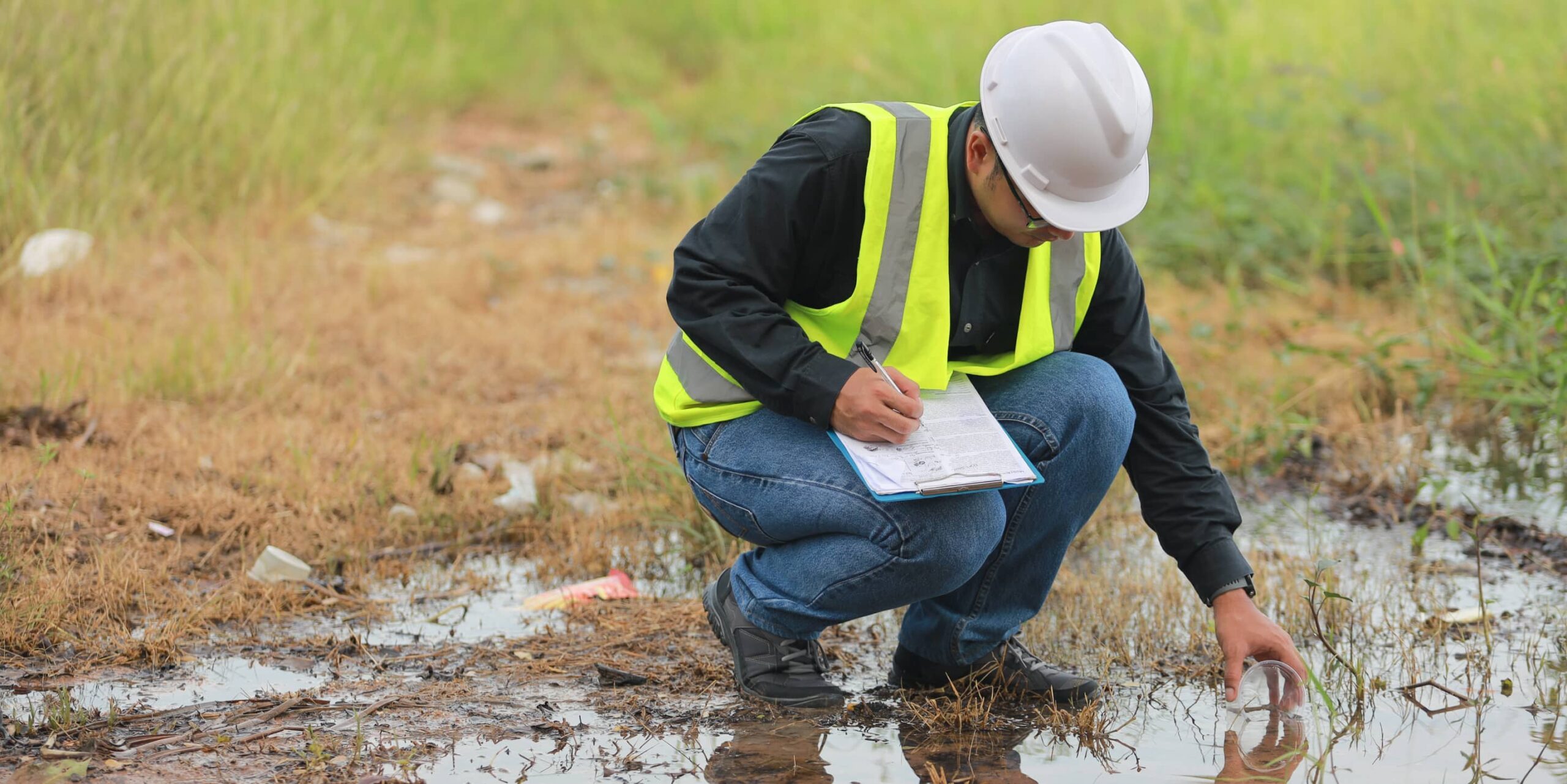For the past 25 years, ECO Canada has delivered and supported a variety of wage funding subsidy programs which support job creation and opportunity for students and new graduates in the environmental sector. Our wage funding program contributes to the growth and diversity of Canada’s environmental sector.
The impact of wage subsidy programs has been felt by thousands of individuals and organizations in the 25 years since ECO Canada began supporting these programs. Many successful professionals got their start in the environmental sector thanks to our wage funding grants.
From sustainability consulting to teaching, to regional biology, a career in the environmental sector can mean almost anything. As the sector grows, we are no longer bound to one idea of what a green career means.
Wage subsidy programs have impacted the lives of real Canadians. We wanted to capture the success of our wage funding program, so we spoke to eight people from coast to coast who have launched interesting and meaningful careers in the environmental sector after receiving an ECO Canada wage funding grant. To find out more, check out each individual’s story, below. To find out more about wage funding, click here.
The full video can be found here.
Robert Bianchi is now the President and CEO of Clean Conduit Inc, a leading cleantech consulting firm. Before Clean Conduit, he received a wage funding grant from ECO Canada to work at Biorem, which was the catalyst for his career in the environmental sector. In 2021, Robert began hiring students with ECO Canada wage funding grants. He also supports students as a mentor in the cleantech space.
Anouk Bertner is now the Member & Owner at ProCo Cooperative and former Executive Director at Eco Equitable. After graduating university, she began working at The Natural Step where she received a wage funding subsidy from ECO Canada, starting her journey in the environmental sector. Now as the leader of ProCo Cooperative, she focuses on building a positive and inclusive future for Canada and the world. Her passion is working in sustainability and building a better future for Canadians, which was accelerated through ECO Canada’s wage funding program.
Cheska Ronquillo is now the Assistant General Manager at Sustainable Project Groups, the same organization in which she received wage funding support to begin her career. She works with leading organizations to build sustainable energy management practices and improve energy efficiency in buildings. It is because of wage funding support from ECO Canada that Sustainable Projects Group was able to hire her and foster her journey in the environmental industry.
Laura Hughes has had a range of experiences working in the environmental sector which has afforded her the opportunity to travel the globe gathering research about the impact of climate change. As the Director of Equitable Transition at the Pembina Institute she is now working in energy transition. The wagefunding support that Laura received from ECO Canada launched her into the work in climate change that she was looking for.
As the Program Director at Nova Scotia Community College (NSCC), Leif creates innovative programs and training for students who want to pursue a career in the environmental sector. He first started working with ECO Canada to ensure that NSCC courses met national occupational standards for skill development and employability. He now helps young professionals discover and follow the ECO Canada pathway toward meaningful employment both locally and nationally. He works with ECO Canada to help students with placements and connections to employers and wage subsidies to start their career.
Maureen Cameron-MacMillan is a Regional Biologist for the Department of Natural Resources and Renewables for the Government of Nova Scotia. Her ECO Canada grant allowed Maureen to develop her skills and gain valuable experience. This launched her career in the environmental sector. Now, she maintains her EP designation and participates in ECO Canada’s mentorship program as a mentor to young professionals in the environmental industry.
After graduating with a degree in metallurgical engineering, Jonathan Brun completed a co-op with a company based in China and experienced the effects of extreme air pollution first hand, inspiring him to work in the environmental sector. Upon returning to Canada he got a position in the environmental sector thanks to an ECO Canada wage funding grant. He is now the CEO of Nimonik, a Canadian software company working in regulatory compliance.
Juste après avoir obtenu un diplôme en génie métallurgique, Jonathan Brun s’est installé en Chine pour compléter son stage coopératif. C’est là où il a senti les effets de la pollution extrême et a pris la décision de travailler dans le secteur de l’environnement. À son retour au Canada, Jonathan obtient un emploi vert grâce à une subvention salariale d’ECO Canada et devient PDG de Nimonik, une société canadienne de logiciels spécialisée dans le domaine de la conformité réglementaire.
https://www.youtube.com/watch?v=rGrWD1eKlTo&list=PLglg41HS-PY6QTGy0HoKoaEfQLjzQuRcw&index=6
Negar Naghshinehpour is a sustainability consultant at Environmental Resources Management Canada (ERM) where she works with leading organizations to address climate and social related issues and help operationalize sustainability with companies. ECO Canada provided the wage subsidy program for her first role in sustainability at a carbon-offsetting firm which was the catalyst for her career journey. Without the wage subsidy program, they would not have had the resources to hire for this position. Her first role in sustainability changed Negar’s plans for her career and kick started her journey into sustainability consulting.
This project was completed in part due to the generous support of Natural Resources Canada (NRCan) and Environment and Climate Change Canada (ECCC).



